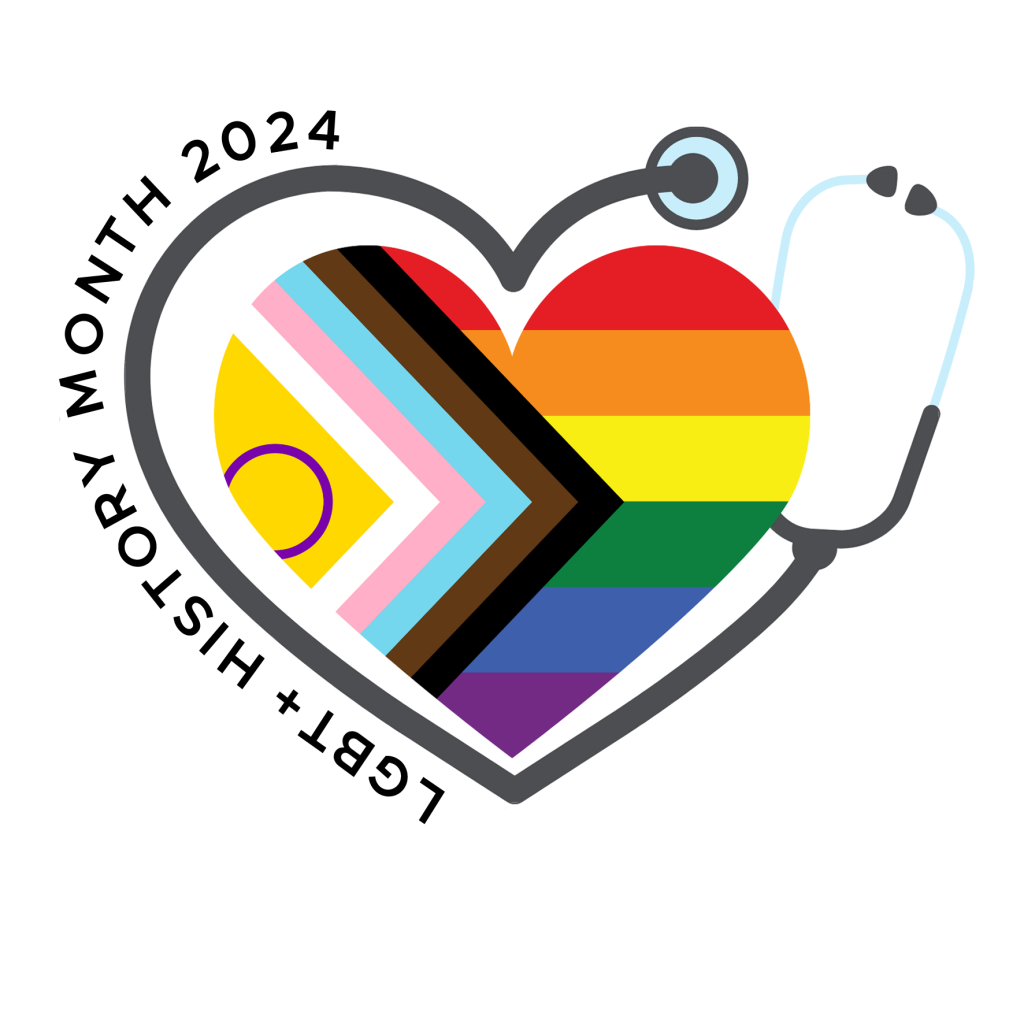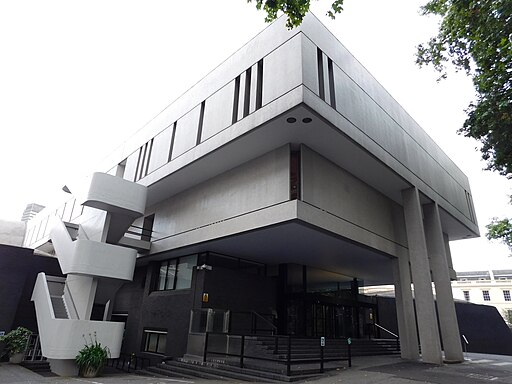During LGBT+ History Month 2024, Rebecca Humphreys-Lamford (she/her), a PGR in the College of Arts and Law, discusses her experience of being a queer researcher carrying out research on representations of asexuality.
The theme for LGBTQ+ History Month this year is ‘Under the Scope’, designed as a celebration of LGBTQ+ peoples’ contributions to medicine and healthcare. It also serves as a reminder of the many ways in which LGBTQIA+ people have existed ‘Under the [Micro]Scope’ of scrutiny, discrimination, and pathologization in both research and society more generally.

My research focuses on representations of asexuality on British television over the last twenty years and aims to discover how asexual representations can impact asexual communities. Asexuality is a sexual orientation that includes any person who does not experience, or rarely experiences sexual attraction. As a queer researcher in the field of Gender and Sexuality Studies, it can be difficult to balance this research alongside my own identity as an asexual. I remember starting my MA by Research in 2021, where – for the first time – I was speaking about asexuality to people who weren’t my closest friends. I often found myself having to navigate a space where talking about my research often meant outting myself as asexual. Sometimes this meant explicitly coming out with the words “I am asexual”, while at other times, feeling almost forced ‘out’ through the assumptions of others about why I was engaging in research about asexuality.
Research suggests that 72% of Britons “haven’t heard of or have heard very little” about asexuality: I find myself feeling ‘Under the Scope’ when talking about my research, as in some cases, I am the first asexual someone has met. For any researcher, talking about their research can be difficult. You have to translate your specialisms into understandable summaries and hope the audience will have some idea about what you’re talking about. However, for me, there are additional hurdles. I have to ask, ‘Will this person know what asexuality is?’; ‘Will they understand why asexual representation is so important?’; and begin every discussion by framing what asexuality is. I have to ask myself, ‘Will they even believe that asexuality is real?’, and be prepared to not only defend my research, but my own identity as well.
Thankfully, my research has consistently been met with positive reactions. I am now a first-year PhD student, continuing my research into representations of asexuality: I am thoroughly enjoying it. I can stand proud about my research, and my position as an asexual researcher conducting research into asexuality. But my own project requires putting members of my community ‘Under the Scope’, through questionnaires and interviews, in order to talk about our experiences and histories. This is an important privilege and responsibility. Recognising LGBTQ+ History Month (and LGBTQIA+ histories more widely) is important. This recognition can act as a tool from which we can all learn, not just in retracing and celebrating queer histories that have historically been silenced, but in remembering the horrors of the past to avoid repeating them. A celebration this year, then, of LGBTQ+ peoples’ contributions to medicine and healthcare is important, but simultaneously, it must be remembered that the fields of medicine and healthcare continue to discriminate against LGBTQ+ people. Just because we can celebrate our successes, doesn’t mean we can’t look to our futures and continue to work towards equality, in healthcare and beyond, for all LGBTQIA+ people.

